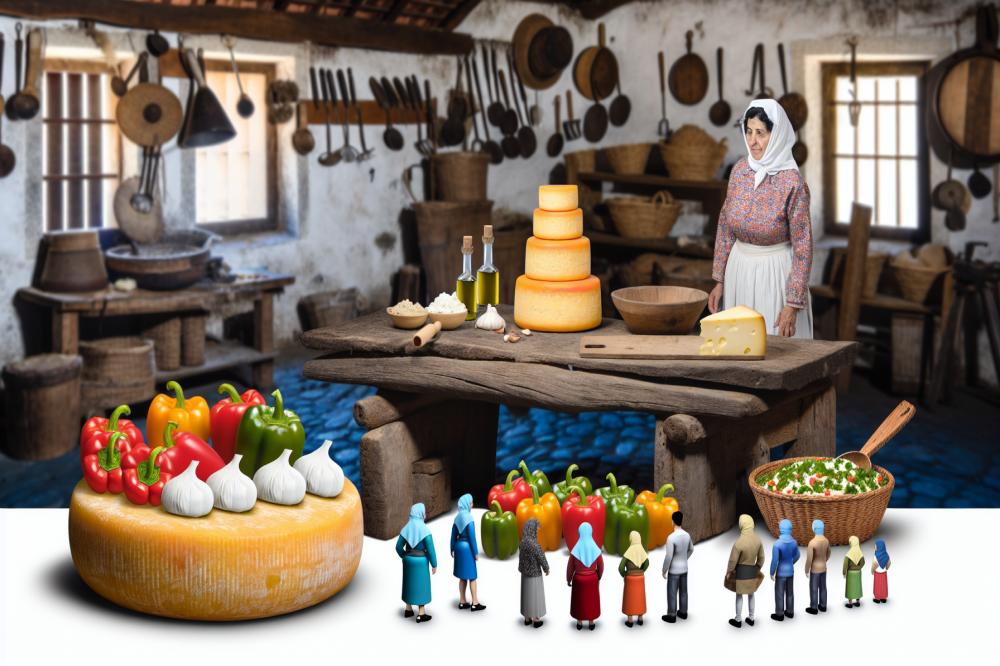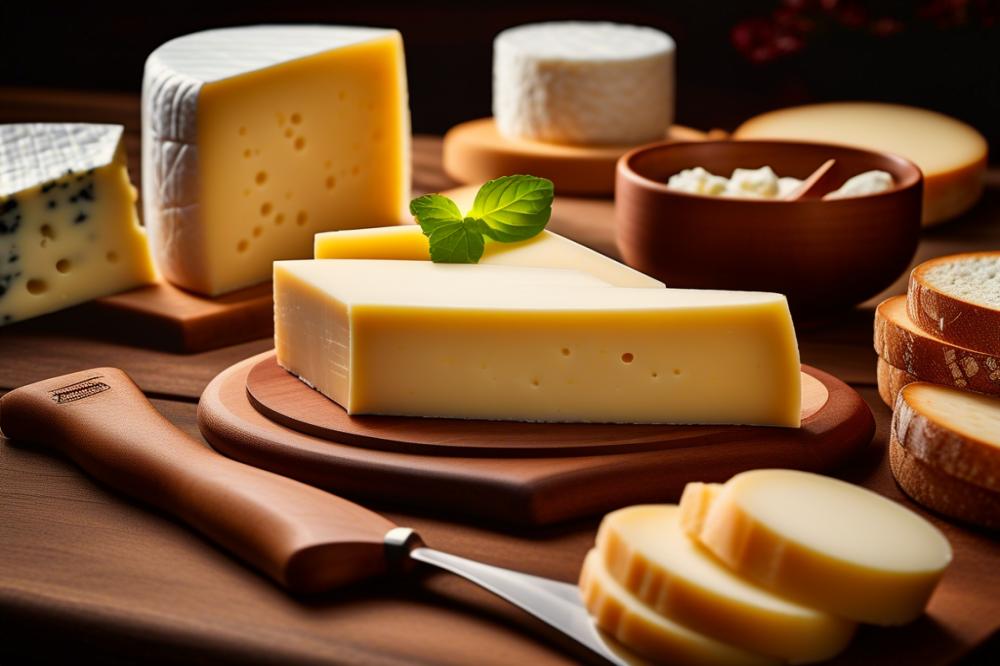Introduction
Portugal has a rich tradition of producing cheese that has captivated the taste buds of many. From the northern regions to the sunny south, each area offers its own flavors and textures. The history of cheese in Portugal dates back centuries, with recipes passed down through generations. These cheeses are more than food; they’re a lens through which to view Portuguese culture and heritage.
For many locals, cheese is a staple that brings families together at mealtimes. Special occasions often feature beloved cheeses, showcasing local pride and craftsmanship. Over time, various influences have shaped these dairy delights, making them a fascinating study of regional identity. Each bite tells a story of the land and traditions that shape it.
Recently, interest in artisan cheese making has seen a remarkable rise. Consumers are eager for authentic flavors and support local producers. They seek out handmade creations, preferring them over mass-produced alternatives. This shift in preferences reflects a broader appreciation for quality and craftsmanship. As people learn more about the nuances of different types, the demand for these small-batch cheeses continues to grow.
With sustainability also becoming significant, many artisan makers focus on eco-friendly practices. This commitment not only benefits the environment but enhances the quality of the final product. Today, there’s a vibrant community of cheese makers dedicated to maintaining traditional techniques while embracing modern innovations. This blend of old and new is key for the future of cheese in Portugal.
The Importance of artisan cheese making
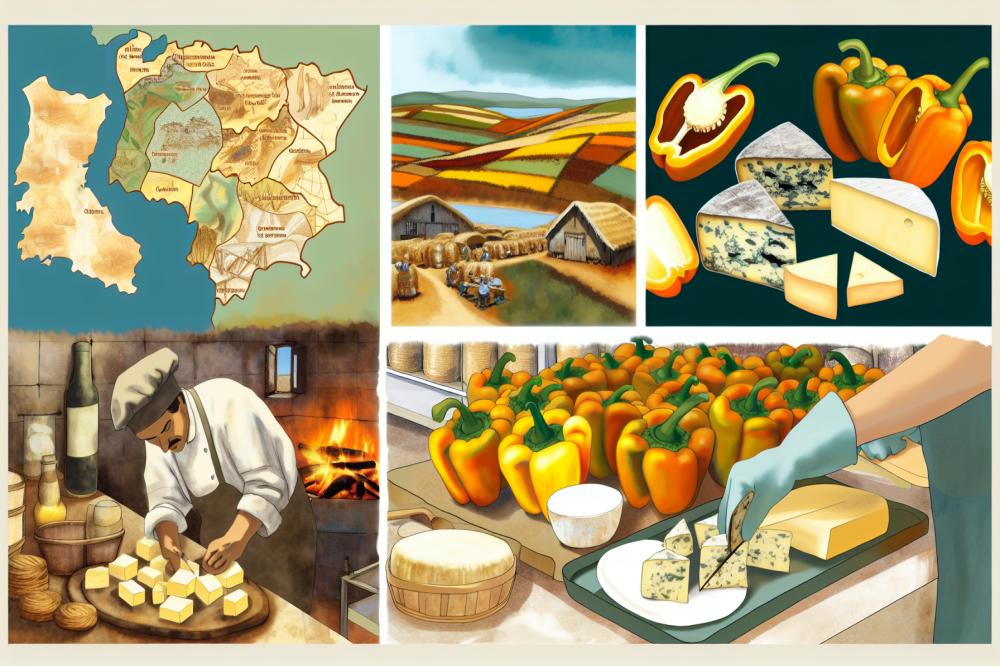
Artisan cheese making in Portugal is more than just a skill; it is a time-honored tradition. This craft embodies a connection to the land, cultures, and communities. Traditional methods play a crucial role. Often, these methods are passed down through generations. They reflect the values and history of various regions. Each step in the process demands patience and passion.
Regional varieties abound across the country. From the mountains to the coastal areas, each location contributes its own taste. Factors like climate and soil quality add to the flavor profile of the cheese. Local ingredients, such as different types of milk and herbs, provide distinctions that make each cheese special. This diversity enriches both the palate and the cultural experience.
Artisans often rely on age-old techniques that have stood the test of time. These practices can include using wooden molds or making cheese by hand. Such approaches might feel slower, but they bring depth and richness to the final product. The effects of local resources cannot be overstated. Farmers produce milk from various breeds of goats, sheep, and cows, capturing the essence of each region’s environment.
Each cheese tells a story. Consumers appreciate knowing where their food comes from and how it is made. Supporting artisan cheese makers fosters a greater awareness of food sources. This awareness connects consumers to local producers, creating a shared community. It showcases Portugal’s culinary heritage while allowing traditional flavors to shine.
In markets and specialty stores, artisan cheese becomes a prized item. Such cheeses often carry characteristics that mass-produced options cannot match. Their peculiar flavors can excite adventurous eaters and delight cheese lovers alike. This connection to craftsmanship elevates the enjoyment of every bite.
Promoting artisan cheese making is vital to preserving these traditional skills. New generations must learn these crafts to keep them alive. As the world changes, the importance of local food systems becomes clearer. Artisan cheese makers play a significant role in championing sustainable practices. They promote biodiversity, support local farms, and empower rural communities.
In conclusion, the future looks promising for artisan cheese making in Portugal. Embracing traditions while exploring innovation will secure its legacy. The rich flavors, unique textures, and stories embedded in each cheese will keep attract lovers of fine foods. Portugal’s artisan cheese artisans are set to continue their craft with passion and dedication.
Types of Portuguese cheese
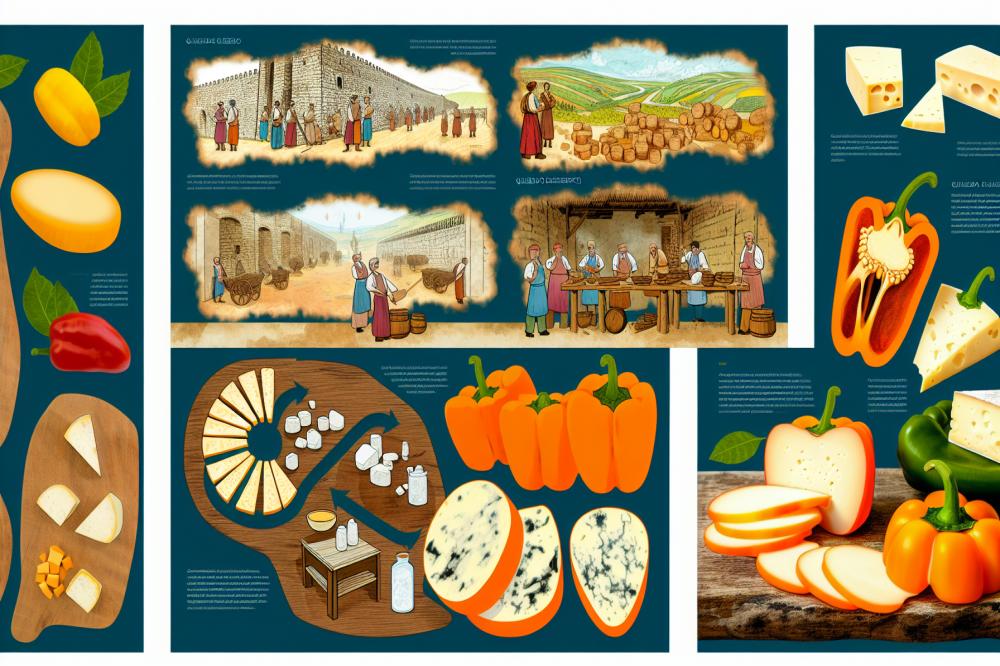
Portugal boasts a rich variety of cheese. Each type carries its own story and flavor profile. Let’s dive into some of the most beloved options.
Queijo da Serra
This renowned cheese hails from the Serra da Estrela mountains. Made from sheep’s milk, it features a creamy, buttery texture. The flavor can range from mild to pungent, depending on aging. Pair it with crusty bread and a robust red wine for a delightful experience. Don’t forget some wild herbs on the side; they enhance its earthiness.
Queijo de Azeitão
Next, we explore Queijo de Azeitão. This cheese is also crafted from sheep’s milk, like its cousin from Serra da Estrela. It has a soft, spreadable texture that melts in your mouth. Its taste is bold, with notes of tanginess and a slightly spicy finish. Enjoy this cheese with figs or a drizzle of honey. A light white wine complements it beautifully.
Queijo Fresco
Another popular choice is Queijo Fresco. This fresh cheese is typically made from cow’s milk. It has a soft, moist consistency with a delicate flavor. Often served in salads, it adds a creamy element to dishes. Enjoy it with fresh tomatoes and basil for a refreshing snack or light meal.
Each of these cheeses showcases the dedication of Portuguese artisans. The craftsmanship behind every wheel invites exploration and enjoyment. Dive into these flavors and enrich your palate.
Recipe: Traditional Queijo da Serra Stuffed Peppers
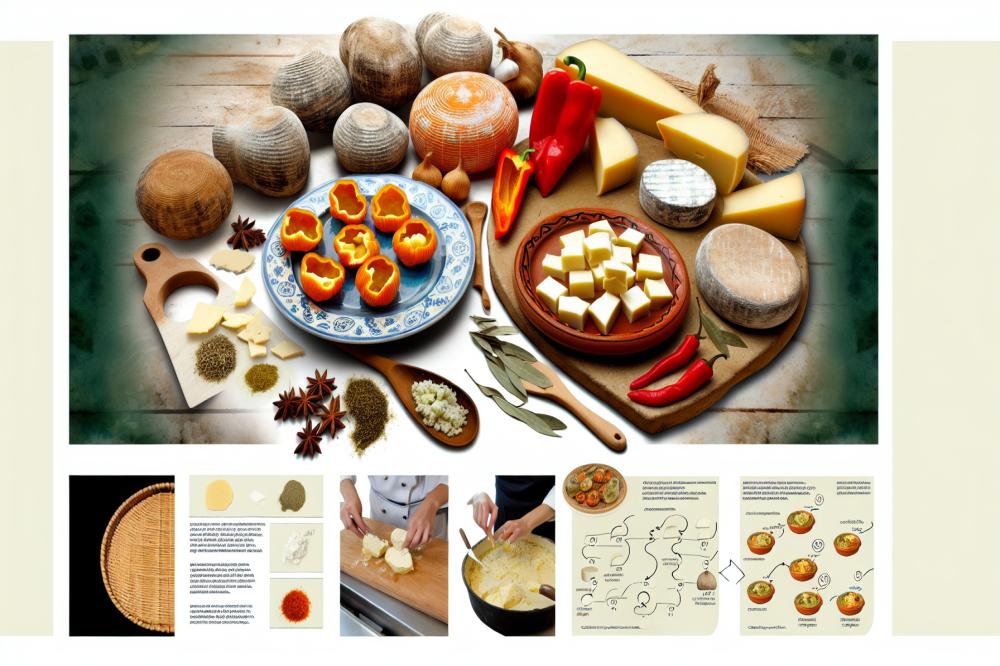
This delightful dish showcases the rich flavors of Queijo da Serra, a beloved cheese from Portugal. Perfect for gatherings or family dinners, these stuffed peppers are both delicious and easy to prepare. Let’s dive into the ingredients and steps to create this mouthwatering treat!
Ingredients:
- 4 large bell peppers
- 200 grams Queijo da Serra cheese
- 100 grams cream cheese
- 1 clove garlic, minced
- Fresh parsley, chopped
- Olive oil
- Salt and pepper to taste
Instructions:
- Begin by preheating the oven to 180 degrees Celsius.
- Next, cut the tops off the bell peppers and carefully remove the seeds inside.
- In a mixing bowl, combine the creamy Queijo da Serra with cream cheese, minced garlic, chopped parsley, salt, and pepper, creating a luscious filling.
- Stuff each pepper with the cheese mixture, packing it in for a hearty bite.
- Drizzle olive oil over the stuffed peppers and arrange them on a baking tray.
- Place the tray in the oven and bake for 25-30 minutes, or until the peppers become tender.
- Once ready, serve them warm as an appetizer or a satisfying main dish. Enjoy!
Nutritional Information
Knowing the nutritional content of your meal is important. Each serving offers a good balance of calories, protein, carbohydrates, and fats. A typical serving contains around 300 calories, with approximately 15 grams of protein and 20 grams of fat, along with essential vitamins from the peppers and herbs.
Cheese can be a part of a healthy diet when consumed in moderation. It provides calcium, which is vital for strong bones. Additionally, cheese contains fat-soluble vitamins, aiding the body in nutrient absorption. The combination of flavors in this recipe not only excites the taste buds but supports overall wellness.
Looking Ahead: The Heritage and Impact of Portuguese cheese Making
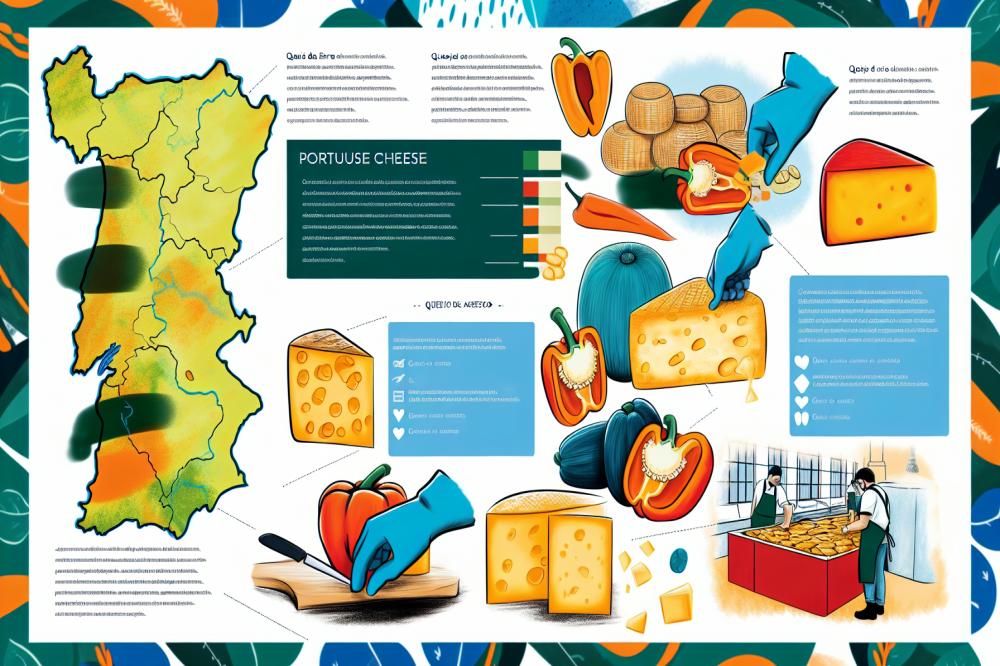
The rich heritage of artisan cheese making in Portugal tells a story of tradition, craftsmanship, and passion. Cheeses crafted with care come from age-old recipes passed down through generations. This artistry not only celebrates the land but also honors the dairy farming practices that sustain local communities. As consumers become more aware of their choices, supporting these local artisans becomes increasingly important.
When you choose artisan cheese, you are not just enjoying a tasty treat. You are participating in a movement that values sustainability and quality. Each bite connects you to the region’s culture, history, and people. These cheese traditions reflect the true essence of what it means to create something special.
Looking toward the future, there is hope for continued growth and recognition. The world is eager for culinary experiences that tell a story. Local cheese makers are positioned to meet this demand, providing gourmet options that captivate palates everywhere. By embracing these products, chefs and food lovers contribute to a global appreciation for authentic flavors.
In supporting artisan Portuguese cheese, we also celebrate creativity and innovation. New techniques and ideas are emerging from the vibrant landscape of makers. This evolution invites everyone to explore diverse tastes and textures, making each culinary adventure exciting.
Together, we can sustain the heritage of this craft. Supporting local artisans not only helps their businesses but also enriches our culinary experiences worldwide. As we continue to enjoy their creations, let’s remember the dedication and artistry behind each piece of cheese. A commitment to excellence in every bite guarantees a future filled with great flavors and meaningful connections.

